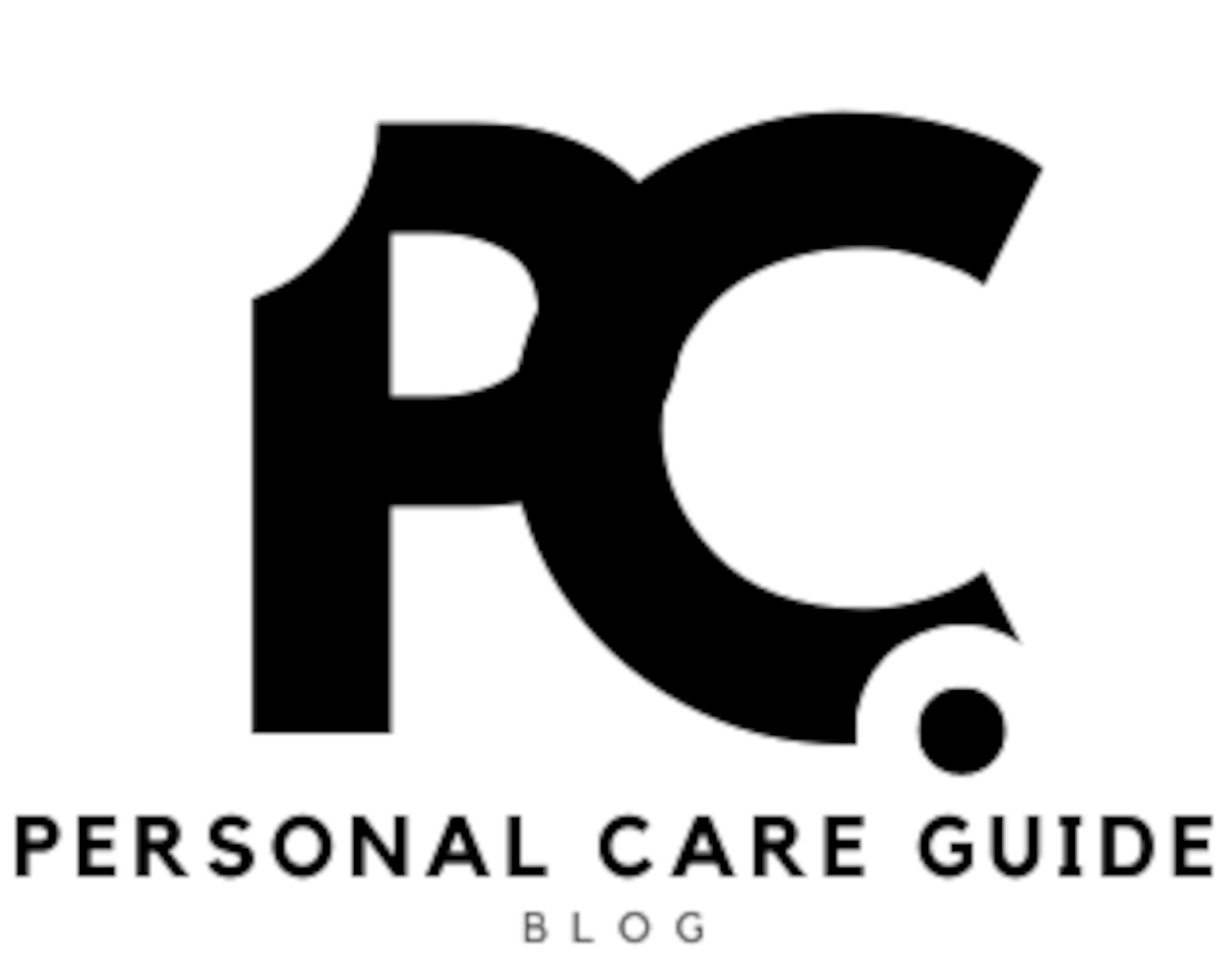Welcome to the world of DIY hair care! In today’s market flooded with various hair care products promising miracles, it’s easy to forget that sometimes the best solutions are found right in your kitchen pantry or garden. Making your own hair care products not only ensures that you know exactly what goes into them but also allows you to tailor formulations to your specific hair needs. In this comprehensive guide, we’ll explore how to make hair care products at home, from basic essentials to specialized treatments, all aimed at keeping your hair healthy and vibrant.
The Importance of Homemade Hair Care
Nowadays, with concerns about chemicals and environmental impact on the rise, more people are turning to natural alternatives for their hair care routines. Homemade hair care products offer a solution that is not only safer but also more sustainable. By using simple, natural ingredients, you can avoid harsh chemicals and reduce your carbon footprint.
Think about it: every time you wash your hair with a commercial shampoo or conditioner, you’re rinsing those chemicals down the drain and into the environment. By making your own products, you have full control over what goes into them, ensuring that they are safe for both you and the planet.
Basic Homemade Hair Care Products
Let’s start with the basics. You’d be amazed at how many effective hair care products you can make with just a few simple ingredients. Here are some recipes to get you started:
1. DIY Shampoo
For a basic homemade shampoo, all you need is liquid castile soap, water, and essential oils for fragrance. Mix together ¼ cup of castile soap with ¼ cup of water and a few drops of your favorite essential oil. Pour it into a bottle, and voila! You have a gentle, all-natural shampoo that cleanses without stripping your hair of its natural oils.
2. Nourishing Hair Mask
To give your hair a deep conditioning treatment, try this nourishing hair mask made with avocado and coconut oil. Mash up half an avocado and mix it with two tablespoons of coconut oil. Apply it to damp hair, leave it on for 20-30 minutes, then rinse thoroughly. Your hair will be left soft, shiny, and hydrated.
3. Herbal Rinse
For a natural way to boost shine and enhance your hair’s natural color, try an herbal rinse. Steep herbs like rosemary, chamomile, or lavender in hot water, then strain and let it cool. Use it as a final rinse after shampooing and conditioning for an extra dose of nourishment.
These are just a few examples of the many homemade hair care products you can create using ingredients from your own kitchen. Experiment with different combinations to find what works best for your hair type and needs.
Specialized Homemade Hair Care Products
In addition to basic hair care essentials, you can also make specialized products tailored to specific concerns or conditions. Whether you’re looking for UV protection, baby-friendly formulas, or products for long hair, there’s a homemade solution for you.
UV Protection Hair Care Products
With summer approaching, protecting your hair from the sun’s harmful rays is essential. You can make your own UV protection hair spray by combining water, aloe vera gel, and a few drops of jojoba oil. Simply spray it onto your hair before heading outdoors to shield it from damage.
Baby Hair Care Products
Babies have delicate skin and require gentle, chemical-free products. Create a homemade baby shampoo by mixing liquid castile soap with calendula-infused oil and aloe vera gel. This mild formula cleanses without causing irritation, keeping your little one’s hair clean and healthy.
Long Hair Don’t Care
For those blessed with long locks, maintaining their health and vitality is key. Try a homemade hair serum made with argan oil, almond oil, and a few drops of rosemary essential oil. This lightweight serum nourishes and strengthens long hair, preventing split ends and breakage.
Whether you’re looking for basic essentials or specialized treatments, making your own hair care products allows you to customize formulas to suit your needs. By harnessing the power of natural ingredients, you can achieve healthy, beautiful hair without compromising on safety or sustainability.
Conclusion
In conclusion, making hair care products at home is not only fun and rewarding but also beneficial for your hair and the environment. By using simple, natural ingredients, you can create effective formulas that cleanse, condition, and protect your hair without the use of harsh chemicals. Whether you’re a DIY enthusiast or simply looking for safer, more sustainable alternatives, homemade hair care products are definitely worth exploring. So why not give it a try? Your hair will thank you!







